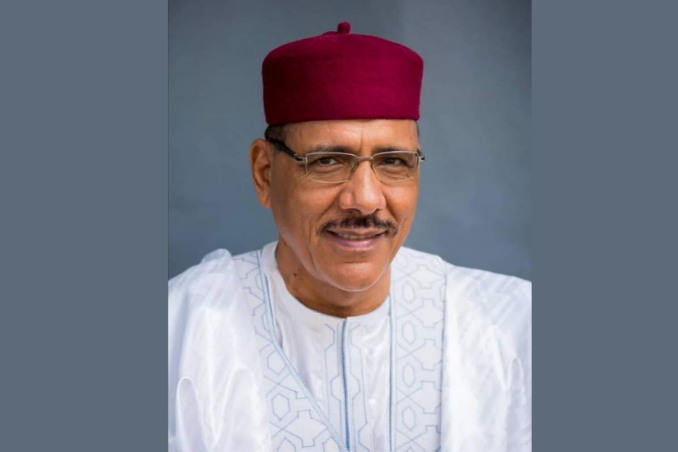Last updated on September 11th, 2021 at 08:00 am
Mohamed Bazoum has won Niger’s presidential election, according to the country’s electoral commission. Niger’s electoral commission has declared the ruling party’s candidate, Mohamed Bazoum, is the winner of the country’s second round of presidential elections with 55.75 percent of the vote on February 21st.
President-elect MrBazoum, 61, was the ruling party’s candidate in Sunday’s run-off election. He is set to succeed President MahamdouIssoufou, who is stepping down after two five-year terms in office.
Despite reports of widespread election-related fraud, the election commission confirmed that Bazoum had won the election. Ousmane’s supporters, meanwhile, took to the streets in protest and dissatisfied with the election results. Former President Ousmane has been accused of widespread electoral fraud, including theft and filling of ballot boxes and threats against voters. But did not provide any evidence.
Ousmane also openly opposed the election results, calling them rigged. He said “We demand an immediate cessation of publication of these results, which in no way take into account the manifestation of Nigerien change,” the campaign team accused in a statement issued after the election commission released the number of votes.
The president-elect faces many challenges, from education to security and the fight against corruption. The country has been hit hard by security problems in the Sahel, Libya and Lake Chad, and is facing a new challenge from the Islamic State of West Africa, a group that broke away from Niger.
Niger is under pressure from the Sahel region, and is part of the G5 Sahel force – which includes Mauritania, Mali, Burkina Faso, Niger and Chad – spending between 15% and 20% of its defense budget. As per media, The government is not looking to spend there because France has not hidden its intention to eventually reduce its commitment to the Sahel as the region is in turmoil and insecurity.
Bazoum should also pay special attention to the Ministry of Defense, which was hit by the scandal by 2020 and pull the country out of difficult economic and security conditions. According to an audit requested by Issoufou of the Générale des Armées inspection, at least 76bn CFA francs ($ 149m) were embezzled between the 2013 and 2016 arms deals.

